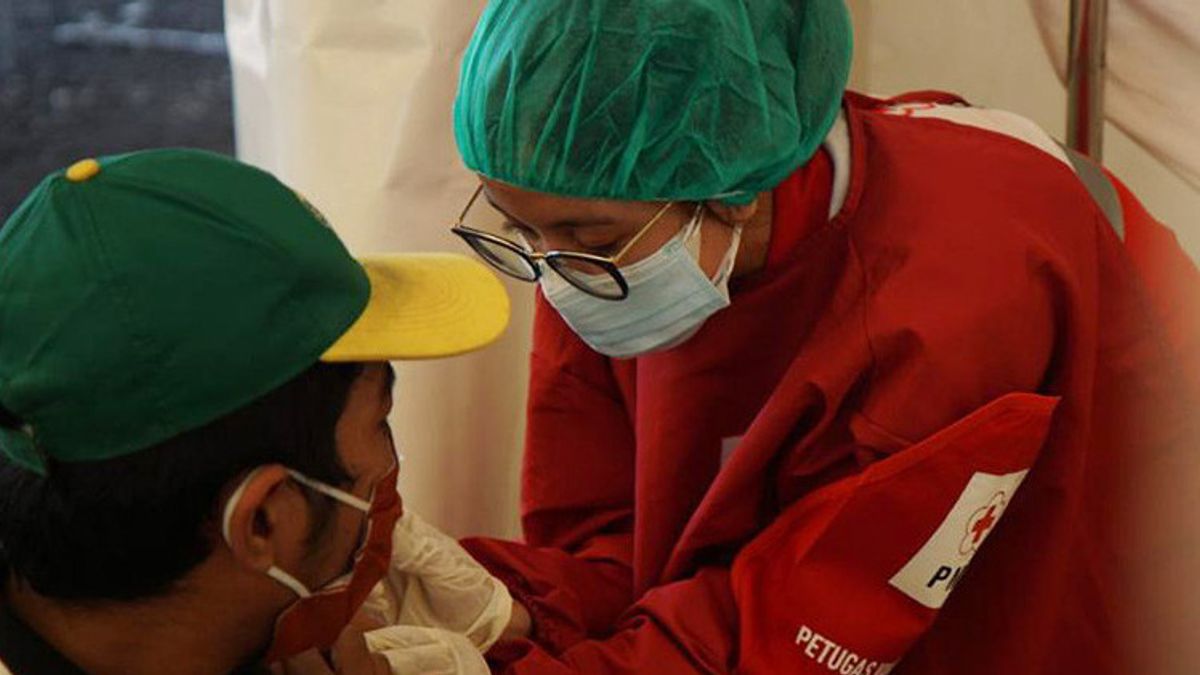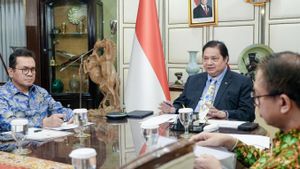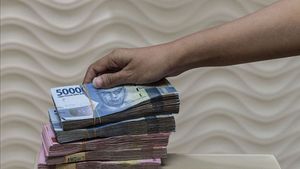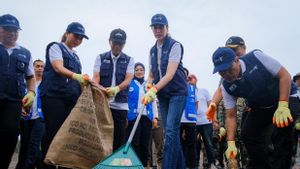JAKARTA - Associate Researcher Center for Indonesian Policy Studies (CIPS) Andree Surianta assessed that a paid vaccination program for individuals has the potential to threaten the availability of free mutual cooperation vaccines for employees.
"Opening a paid option for individuals can indeed speed up the vaccination program, but if there is a mutual cooperation vaccine scheme, then the stock availability for private employees will automatically decrease," said Andree in an official statement quoted by Antara, Monday, July 12.
According to him, the high price of vaccines and the uncertainty of the vaccine delivery schedule have made several companies hesitant to carry out mutual cooperation vaccinations. With paid vaccines, doubtful companies have the potential to cancel the implementation of free mutual cooperation vaccinations for their employees.
"So instead of increasing the number of people being vaccinated, what is actually happening is a shift of participants from companies to individuals," Andree added.
Previously, the Ministry of SOEs hoped that the Individual Mutual Cooperation (VGR) Vaccination could help accelerate the formation of communal immunity or herd immunity.
Andree ensures that vaccinations run well and quickly, the government needs to increase the supply both in terms of quantity and diversify its brands. With this, companies and individuals can choose vaccines that are priced within their means.
However, the search for new suppliers will add to the work of the State-Owned Enterprise (BUMN) Bio Farma, which is the sole importer, producer, and distributor of COVID-19 vaccines. This additional work has the potential to increase the risk of bottlenecks in vaccine distribution.
Therefore, said Andree, the government needs to diversify the import and production routes of vaccines to reduce the risk of congestion in distribution. The reason is, Indonesia needs a large number of vaccines to accelerate and expand the implementation of vaccinations.
"The CIPS research found that there is already an Indonesian private party in the process of testing the COVID-19 vaccine, namely Kalbe Farma who collaborated with Genexine from South Korea. Kalbe even considered building a vaccine production facility in Indonesia," said Andree.
He recommended the Ministry of Investment/BKPM to identify regulations that hinder investment in the pharmaceutical sector by using Kalbe Farma as an example.
By helping Kalbe Farma realize investments for vaccine trials, the government will not only increase domestic vaccine production capacity, but also identify barriers to Indonesia's wider participation in the global pharmaceutical value chain.
The English, Chinese, Japanese, Arabic, and French versions are automatically generated by the AI. So there may still be inaccuracies in translating, please always see Indonesian as our main language. (system supported by DigitalSiber.id)













